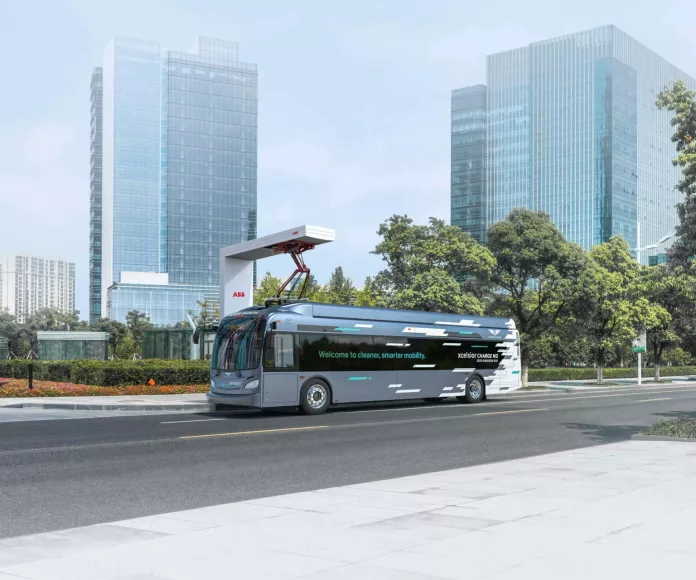Amidst the towering cliffs and breathtaking vistas of Zion National Park, a 6-mile journey through Zion Canyon serves as a testament to the park’s commitment to environmental preservation. Established more than two decades ago, Zion National Park embarked on a visionary initiative to reduce the ecological footprint of visitors by restricting private vehicles and introducing propane-fueled shuttle buses. This transition not only mitigated traffic congestion but was a major stride towards “green” transportation within the park.
The Transformation of Transit in Zion
As of the early 2020s, the aging propane fleet faced maintenance challenges, prompting a shift to electric buses. This move further solidifies Zion’s legacy as a pioneer in eco-friendly tourism. Zion welcomed its first electric buses in late 2023, with the arrival of ten 60-foot articulated and five 40-foot single buses. An additional ten articulated models are anticipated by mid-2024, culminating in a modern fleet of 26 electric buses.
The acquisition of 27 new charging stations parallels the arrival of the electric buses. New Flyer Industries Inc., based in Winnipeg, Canada with a manufacturing plant in Minnesota, supplies the cutting-edge XDE60 Xcelsiors. These buses promise ranges up to 225 miles for the 40-foot models and 135 miles for the 60-foot versions, allowing for numerous round trips through the iconic canyon on a single charge. Moreover, innovative overhead pantograph charging systems enable the buses to recharge quickly during passenger boarding, boosting their operational time and efficiency.
Zion’s Unrivaled Beauty and Alternative Transportation Options
Zion National Park’s sheer cliffs, marked by striking color contrasts, are unparalleled in their natural beauty, earning the park the title of the most stunning in the world. Even Yosemite, with its iconic landmarks, and other grand canyons of the globe, can’t overshadow the allure of Zion in the eyes of many visitors. The park boasts the unforgettable Angels Landing hike, further cementing its reputation as a natural wonder. For regulars like myself, who have trekked to Zion multiple times a year, the park holds a special place in our hearts.
A Cyclist’s Dream: Pedaling Through Scenic Zion
While shuttle buses serve as the primary mode of transportation within the canyon, bicycles offer a fantastic alternative. The intimacy of biking through Zion Canyon, with its expansive views unfettered by the confines of a vehicle, is incomparable. Available all year round, bikes, including ebikes, cater to all fitness levels, providing a delightful experience for visitors, including those who may not be as active. Springdale, the gateway town to Zion, houses numerous rental shops to accommodate the surge in popularity of biking in the canyon.
Cyclists of all preferences—from traditional pedal-power enthusiasts to families on ebikes—can relish in the liberty of cruising alongside the shuttle route. Cyclists share the road with the buses, often pulling over to allow them to pass, but generally, the pace is such that both buses and bikers can enjoy the scenic environment in a harmonious journey.
In summary, Zion National Park continues to break new ground in environmental consciousness and visitor experience. The shift to electric buses and the embrace of cycling as a viable transport option are examples of how the park is leading the charge for sustainability while offering unforgettable experiences in one of the world’s most exquisite landscapes.

























